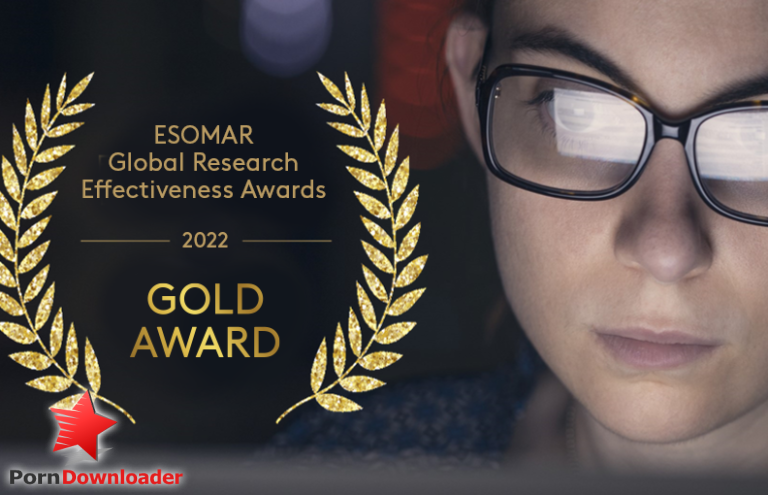Pornography consumption and substance misuse represent two widespread issues that often exhibit a strong correlation. Although the connection might not be immediately apparent, research indicates a link between excessive engagement with pornography and an elevated risk of substance misuse. This article delves into the relationship between pornography and substance misuse, illuminating the underlying elements and repercussions that contribute to this connection.
Exploring the Connection
1. Avenues of Escape: Both pornography and the use of substances can function as a means of escaping from everyday difficulties and emotional pain. People facing stress, depression, or anxiety may resort to these outlets as a way of temporarily alleviating discomfort.
2. Dopamine Release: Both the consumption of pornography and the use of drugs trigger the discharge of dopamine, a neurotransmitter linked to sensations of pleasure and reward. Over time, individuals might develop a tolerance to these stimuli, prompting an increased consumption of both pornography and substances in pursuit of the same pleasurable experiences.
Factors that Intensify the Link
1. Early Introduction: Studies suggest that individuals introduced to pornography at an early age may be more susceptible to substance misuse later in life. This early exposure can influence perspectives regarding sex and intimacy, which could potentially increase the likelihood of engaging in risky activities.
2. Co-occurring Disorders: An addiction to pornography frequently coexists with other mental health conditions, such as depression or anxiety. Those with co-occurring conditions might turn to substances to handle the distress induced by their addiction.
3. Social Isolation: Both pornography consumption and substance misuse can contribute to social detachment and withdrawal from real-world relationships. This isolation may intensify feelings of loneliness, leading individuals to seek solace in addictive behaviors.
The Repercussions for Psychological Well-being
The correlation between pornography consumption and substance misuse can have severe adverse effects on a person’s mental health. Some of the potential outcomes include:
- Increased chances of experiencing depression and anxiety
- Impaired sexual intimacy and relationships
- Reduced self-worth and negative body image issues
- Feelings of shame, guilt, and the development of addictive patterns
Seeking Guidance and Support
If you or someone you know is grappling with both pornography addiction and substance misuse, seeking professional help is essential. Treatment options may involve therapy, support networks, and specialized programs that address both addictions simultaneously.
Conclusion
The relationship between pornography consumption and substance misuse should be given serious consideration. While additional research is necessary, the current evidence indicates that excessive engagement with pornography can raise the risk of engaging in substance misuse. It’s crucial to raise awareness of this correlation and offer the essential assistance and resources to both prevent and treat these co-occurring addictions.
Frequently Asked Questions about the Relationship Between Pornography and Substance Misuse
1. Can addiction to pornography precipitate substance misuse?
Yes, individuals struggling with a pornography addiction may be more prone to substance misuse as they seek comparable pleasurable effects.
2. Are there any mutual risk factors for these two addictions?
Elements such as early exposure to pornography, the presence of co-occurring mental health conditions, and social isolation can contribute to the relationship between pornography addiction and substance misuse.
3. How can excessive pornography viewing affect psychological well-being?
Excessive pornography consumption can lead to an elevated risk of depression, anxiety, strained relationships, and feelings of guilt and shame.
4. What treatment options are available for individuals experiencing both addictions?
Treatment options could include therapy, support groups, and specialized programs that concurrently address both pornography addiction and substance misuse.
5. Is it feasible to overcome these addictions?
Yes, with the correct support, professional guidance, and strong resolve, individuals can successfully overcome both pornography addiction and substance misuse.
6. Could addressing pornography addiction assist in lessening substance misuse?
It’s possible that by tackling and treating a pornography addiction, individuals might also see a decline in their desire for and use of substances.
7. What actions can be taken to avert the development of these addictions?
Early education, open dialogues, and promoting healthy coping strategies can help prevent the development of both pornography addiction and substance misuse.
8. Are there specific support groups designed to assist individuals dealing with this connection?
Yes, there are support groups and organizations that offer specialized aid for individuals struggling with both pornography addiction and substance misuse.
9. Can cutting back on pornography consumption decrease the risk of substance misuse?
While further research is needed, reducing excessive pornography consumption may potentially reduce the likelihood of engaging in substance misuse.
10. How can individuals offer support to a loved one coping with these addictions?
Supporting a loved one entails being non-judgmental, encouraging them to seek professional help, and providing emotional support throughout their recovery.


